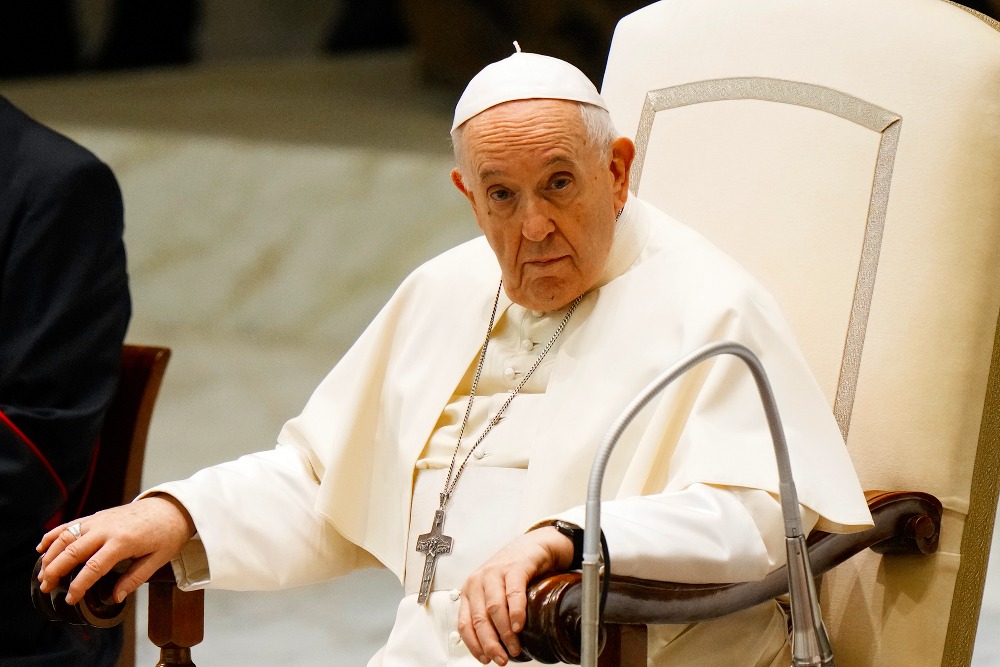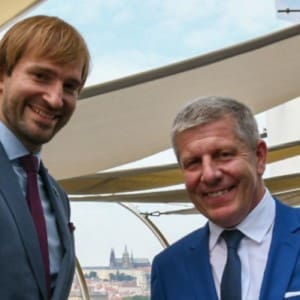The first Eucharistic Congress has begun in Budapest, and it will be the first hosted by Hungary since 1938. Ironically, the pandemic is limiting the number of attendees, while in 1938, Berlin closed its borders to religious pilgrims from Germany and Austria in retaliation against Pope Pius XI’s condemnation of national socialism.
Polish pilgrims were the third-largest contingent at the time, behind only Italy and Czechoslovakia. They were warmly greeted, despite the fact that Warsaw had been Budapest’s rival for hosting the event, ultimately withdrawing in favor of the Hungarians, who were commemorating the 900th anniversary of the death of Saint Stephen, the first king of Hungary.
Poland and Hungary’s roads will cross once more on Sept. 12 when Pope Francis visits Budapest. On the same day, Warsaw will host the beatification of Polish Cardinal Stefan Wyszyński. Pope Francis will spend just seven hours in Budapest before going on to spend three and a half days in neighboring Slovakia.
There has been extensive commentary in Hungary regarding an interview granted to Spanish radio by Pope Francis last week. In that interview, the pope said that he did not know if he would meet Viktor Orbán:
“I don’t know if I will meet him. I know that the authorities will send someone to greet me. I am not going into the center of Budapest. I will meet those who will come to see me but I do not know who will come. I know their president, who was at a mass in the Hungarian part of Romania. He came with a minister, but I don’t think it was Orban.”
His comments were interpreted as being contemptuous of Orbán and an attempt to humiliate him. That is the view of Vatican expert Giuseppe Rusconi, who was surprised that the pope did not disguise his dislike for Orbán:
“It’s a fact that the Argentinian pope can’t stand Orbán’s Hungary. He would rather that the Congress take place on Mars, or in Caracas or Havana – anywhere that he would not have to meet Orbán. He would prefer to talk to Maduro or Castro’s heirs, but to his misfortune, the event happens to be in Budapest. He has to live with it – but it’s hard, and he is not doing anything to hide this.”
The plans for the Pope’s visit were negotiated months ago. All items on the agenda had to be approved by him. At the beginning of June, the Vatican announced that the pope would meet Orbán. A few weeks ago, a time was set for a meeting with the Hungarian president and the prime minister early on Sept. 12.
But the pope’s remarks in the cited interview seem to suggest otherwise. It seems difficult to interpret things differently than the way Rusconi has. Hungarians asked about the matter find it hard to explain, simply saying they are sad about the matter.






